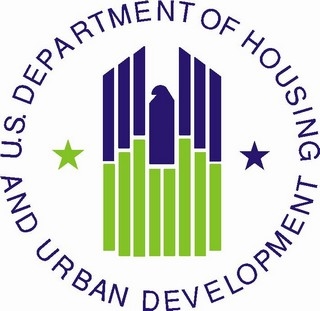Advertisement
HUD to exercise restraint in enforcing new RESPA requirements

The U.S. Department of Housing & Urban Development (HUD) have announced that for the first four months of 2010, the staff of the Mortgagee Review Board (MRB) will exercise restraint in enforcing new regulatory requirements under the Real Estate Settlement Procedures Act (RESPA), due to take full effect on Jan. 1. The MRB instructed its staff to exercise such restraint in considering an action against FHA-approved lenders who have demonstrated that they are making a good faith effort to comply with RESPA's new requirements.
In addition, HUD is asking other federal and relevant state enforcement agencies to exercise the same 120-day restraint in enforcement for non-FHA originators and other settlement service providers who demonstrate the good faith effort to implement RESPA's new rules. In determining whether a mortgagee has made a good faith effort, MRB staff will consider whether the mortgagee has relied on the new RESPA rule and other written guidance issued by the Department, and the extent to which the mortgagee has made sufficient investment and commitment in technology, training, and quality control designed to comply with the new rule.
"We will work with those who are making an honest effort to work with us as we implement these important new consumer protections," said HUD Secretary Shaun Donovan. "While we will not delay implementation of RESPA's new requirements, we are sensitive to the concerns of the industry as it integrates these new rules into their day-to-day business practices."
On Jan. 1, 2010, HUD will require that lenders and mortgage brokers provide consumers with a standard Good Faith Estimate (GFE) that clearly discloses key loan terms and closing costs. Closing agents will also be required to provide borrowers a new HUD-1 Settlement Statement that clearly compares consumers' final and estimated costs. The new RESPA rule became effective on Jan. 16, 2009, but provided a one-year transition period for the mortgage industry to incorporate these changes. HUD will continue to work with the mortgage industry during this period, including providing a comprehensive set of frequently asked questions (FAQs) on its Web site.
"We are pleased that HUD officials are recognizing the challenges that lenders are facing in implementing the new RESPA requirements," said John A. Courson, president and CEO of the Mortgage Bankers Association (MBA). "We look forward to continuing to work with HUD to gain more clarity around the new requirements and we hope that other federal and state officials will also heed HUD's request that they exercise the same restraint."
By improving the disclosures borrowers receive when applying for a mortgage, and by promoting comparison shopping, HUD believes its new RESPA regulation will save consumers an average of nearly $700 in mortgage costs.
For more information, visit www.hud.gov.
About the author





